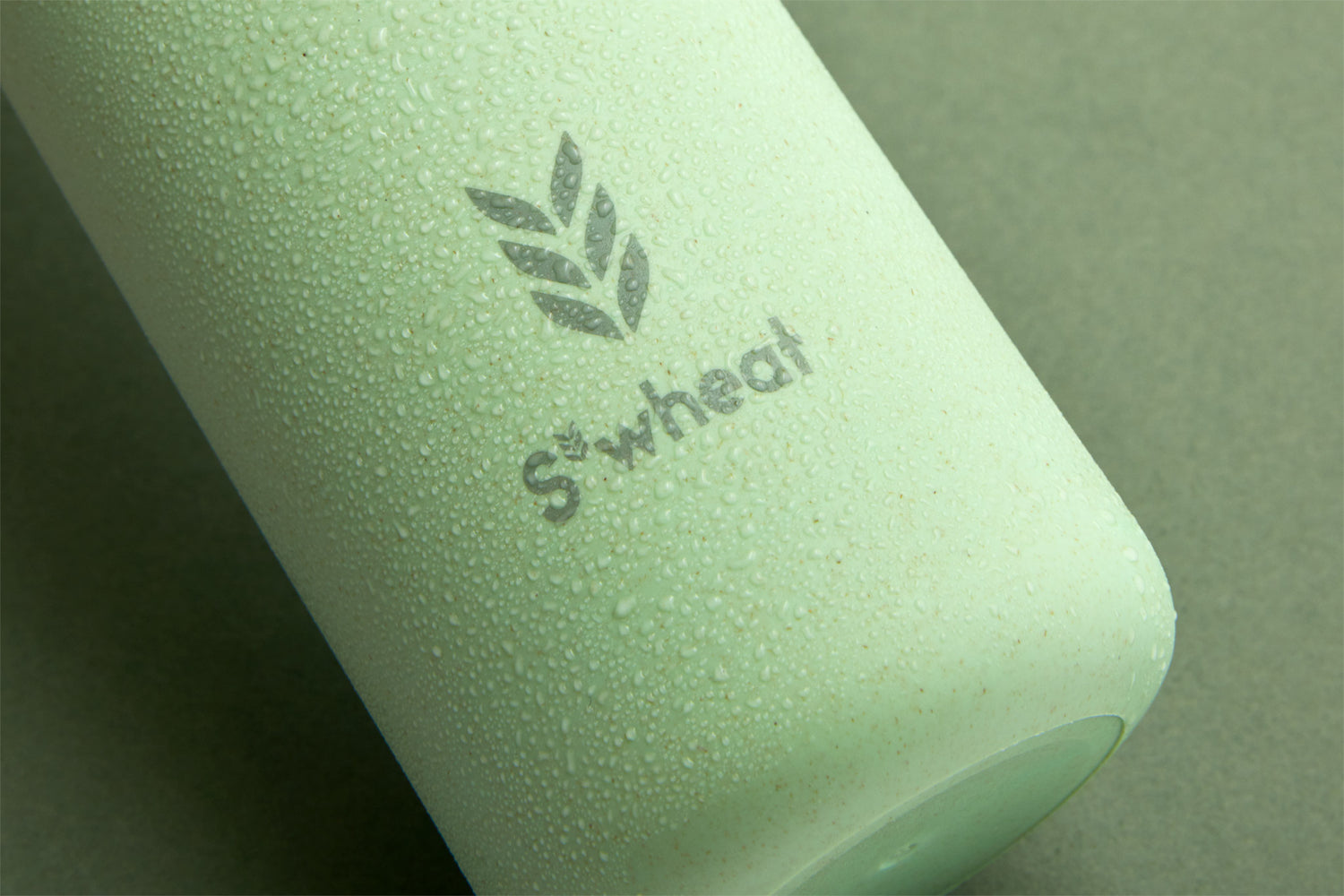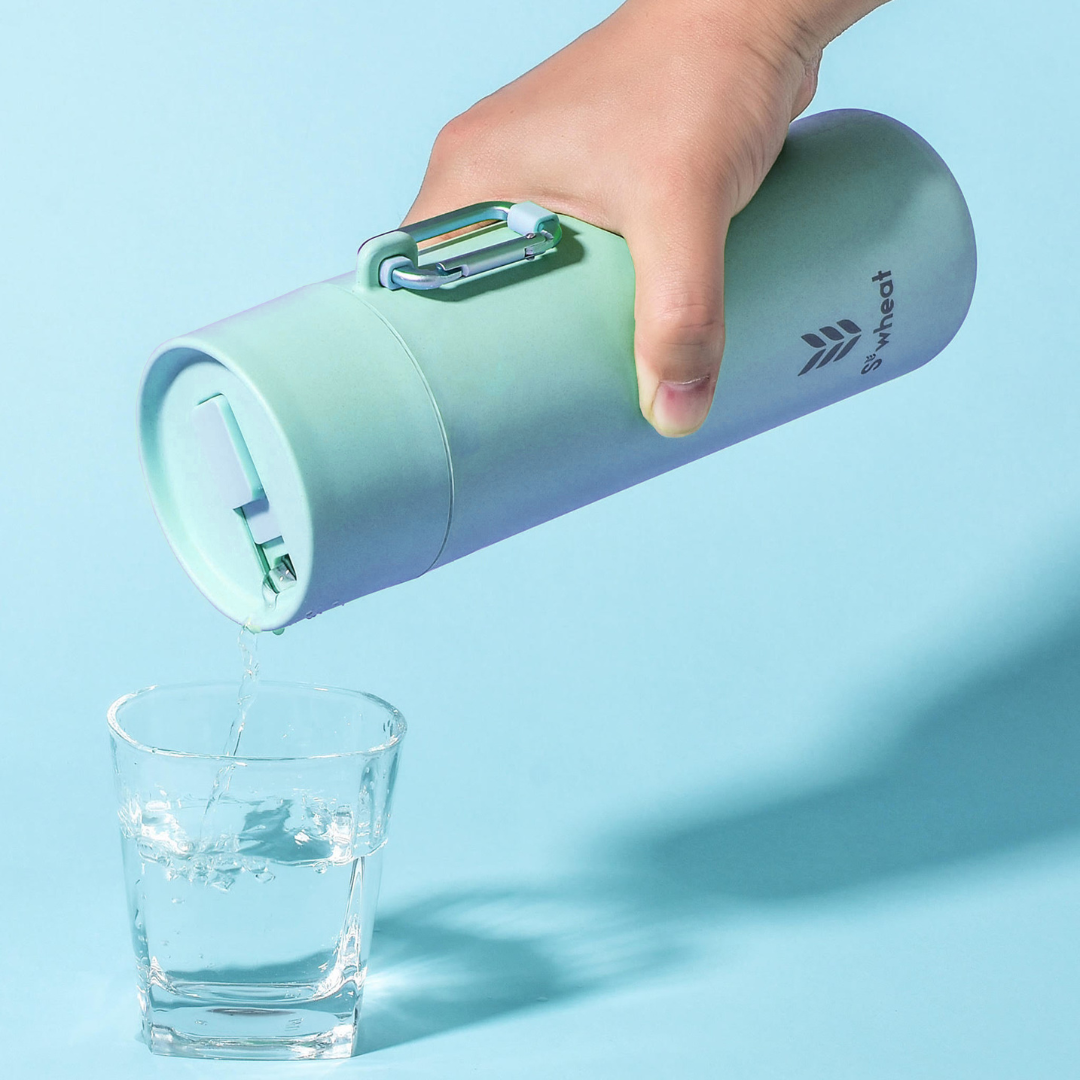*This article was written by our amazing friends at Seep.
Regardless of the more recent changes to the UK’s attitudes and laws towards disposable plastic, other common plastics remain in regular use and threaten to continue to destroy our environment. Annually, over 300 million tonnes of plastic are produced, a staggering half of which is single-use. Food and kitchen products remain some of the most harmful household items to our earth and it can be easy to dispose of these without a second thought, so reassessing your kitchen waste can really make a difference.
When considering how to reduce waste in your kitchen, first take into account how you are disposing of it. Plastic bin bags regularly go out with the rest of your rubbish, yet add such an unnecessary amount of waste. They can take 700 years to even begin to degrade, but instead of dissolving harmlessly into the earth, they break down into microplastics and become ingested by wildlife and even make their way into our drinking water.
Eco-friendly bin liners can massively reduce the amount of plastic waste you produce, so when you have no other choice but to throw something away, you’re not contributing to environmental damage with your choice of bin bag. Seep’s biodegradable bin bags are made from a strong plant-based bio-polymer which means they are entirely free from plastic, so they will biodegrade in compost or in landfill.
There are arguments for and against washing dishes by hand when considering the most eco-conscious action, but it’s easy to disregard the tools used in the process and the effect they may have. Normal sponges won’t last long-term, but disposing of these regularly can do some real damage. Typically, they’re made from petroleum-based plastic which can’t be recycled, meaning they can stick around for years, releasing nasty microplastics into the oceans. They’re also commonly treated with a toxic pesticide to give them an antibacterial quality which can leak into the sea and harm marine life.
Over 400 million sponges are discarded every year in the UK, the majority of which are virgin plastic. That’s why a biodegradable cellulose sponge made from all-natural wood pulp is the most sustainable option - or, for tougher jobs, an infinitely recyclable copper scourer to easily scrub away any grime. Can’t decide between the two? The new scourer sponge is perfect for a versatile 2-in-1 tool that is fit for whatever the job is. If you don’t like to get your hands dirty, try out the Seep bamboo dish brush. The sustainably sourced bamboo handle doesn’t require nearly as much energy to manufacture as plastic would and the natural cactus fibre bristles can be composted at home once they’ve worn down.
S’wheat is proud to be collaborating with Seep. Seep are offering S’wheat customers an exclusive 15% off their eco cleaning range at theseepcompany.com. Use code SWHEAT15 at checkout.
Seep is on a mission to clean up the way we clean up. They’re shaking up the dusty household essentials category that keeps a home clean, neat, and tidy. Their range of compostable and plastic free sponges, cloths, brushes, gloves, and bin liners are gentle on people, the planet, and the eye. Seep also reinvests in forest regeneration projects more than three times their carbon output, more than offsetting their carbon footprint every year.
This is why S’wheat is proud to be collaborating with Seep. At S’wheat, we create plant-based reusable bottles made from bamboo and wheat, and with each bottle sold, we plant a trackable native tree in your name, remove 20 pounds of ocean-bound plastic and donate profits towards protecting sea life. We source our bamboo and wheat straw from farmers, which otherwise is typically just burned as it has no actual use to them, releasing unnecessary greenhouse gases in the process. This means we can prevent adding to the 17 million barrels of oil used annually to produce plastic and keep our carbon footprint at net zero whilst also providing additional income to farmers and helping them avoid waste. Wheat straw actually extracts more carbon from the atmosphere during photosynthesis than it releases, helping us to further offset any greenhouse gas emissions. Even if used daily, our bottles can last 5-10 years, but should decompose in a composting site within 6-9 months. From the kitchen to the gym to the office, wherever you go, S’wheat has your back.




Leave a comment
All comments are moderated before being published.
This site is protected by hCaptcha and the hCaptcha Privacy Policy and Terms of Service apply.